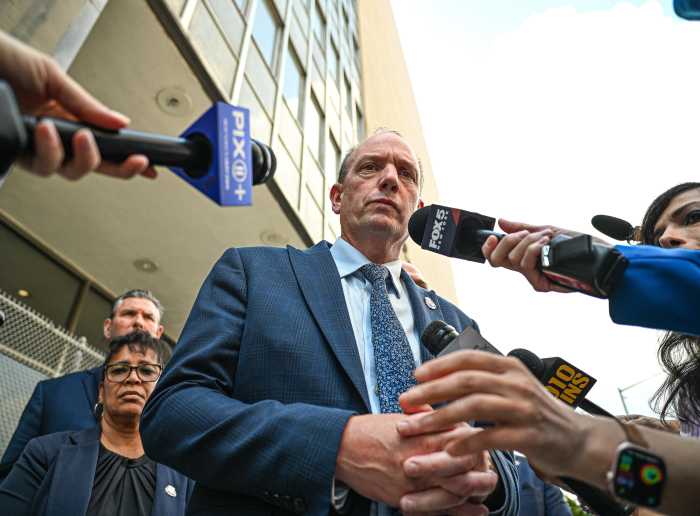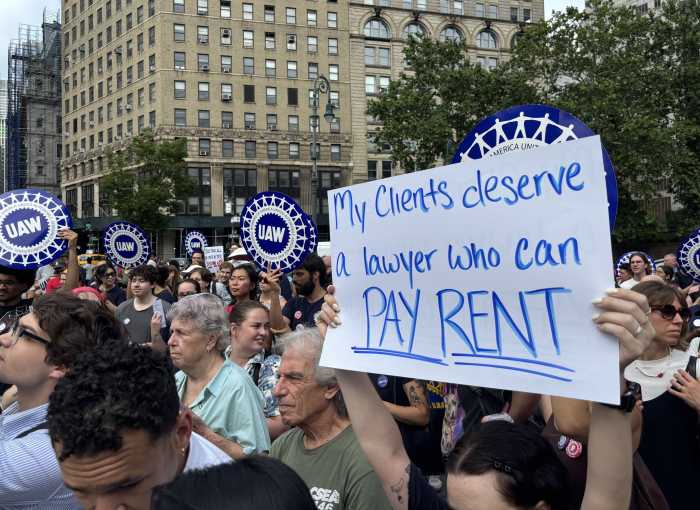Big Apple millennials are less likely than those in most other U.S. cities to buy a home in the near future, a survey released Tuesday found.
Apartment List, a San Francisco-based real estate group, ranked 34 cities based on the percentage of people between 18 and 34 who said they were looking to buy a home and the New York metro area came in at 26th. Although the national average for millennials is 74%, only 68% of New Yorkers in that age group plan on purchasing a home and 10% expect to always rent, according to the survey.
Experts say this attitude could have long-term effects for the city as those young adults who pine for home ownership can take their talent and money to other places.
“When they are successful enough to buy a home they leave,” said Rosemary Wakeman, the director of Fordham University’s urban studies program. “New York is dependent on a section of the population who want to come here and build a life.”
Apartment List surveyed 18,682 renters nationwide, with 5,844 identifying themselves as being in the millenial age group of between 18 and 34. Cincinnati, Austin and Denver were the top ranking cities in the survey where 85%, 82% and 81% of the millennial population plans to buy a home.
Andrew Woo, the company’s head data scientist, said his team found that the huge cost of living in the New York City area coupled with the fact that millennials are getting married later are driving forces behind the region’s lag in the list.
“They just aren’t immediate priorities when it comes to New York residents,” Woo said of home ownership and marriage.
Apartment List ranked New York City as the second-most expensive city in terms of rent with an average price for a one-bedroom going for $2,600.
Woo said the one solution would be to create more affordable housing that can fit the price range for millennials.
“In New York City … you are constrained geographically. It’s hard to build out, but beyond that there are housing regulations that make it hard to build new housing stock,” he said.
Wakeman said the city’s recent push to create affordable housing is a good start, but also suggested that people rethink the goals that are associated with success in society.
“If we make the cultural shift into more renting longer, [millenials] might want to stay in the city longer,” she said.




































